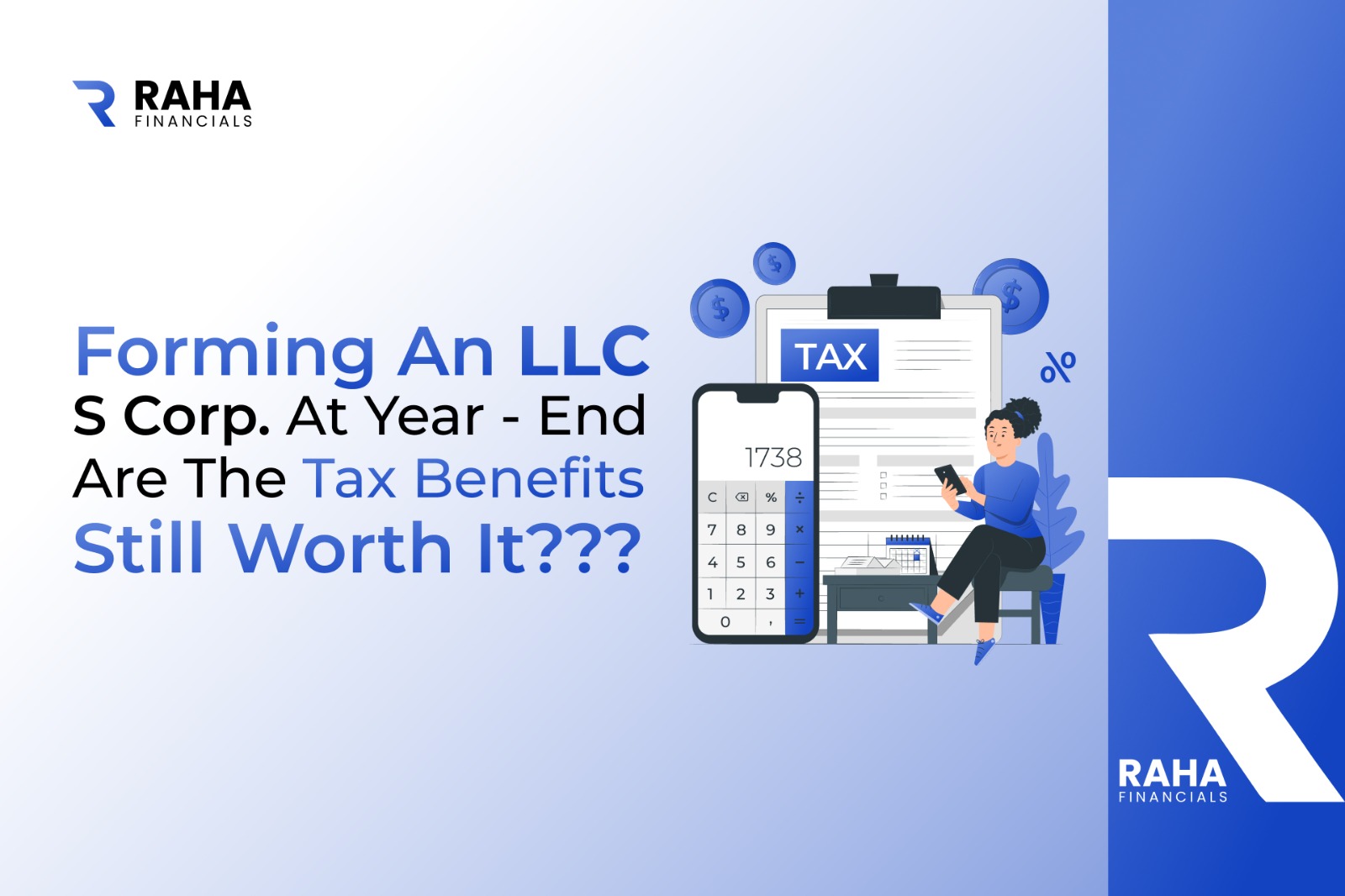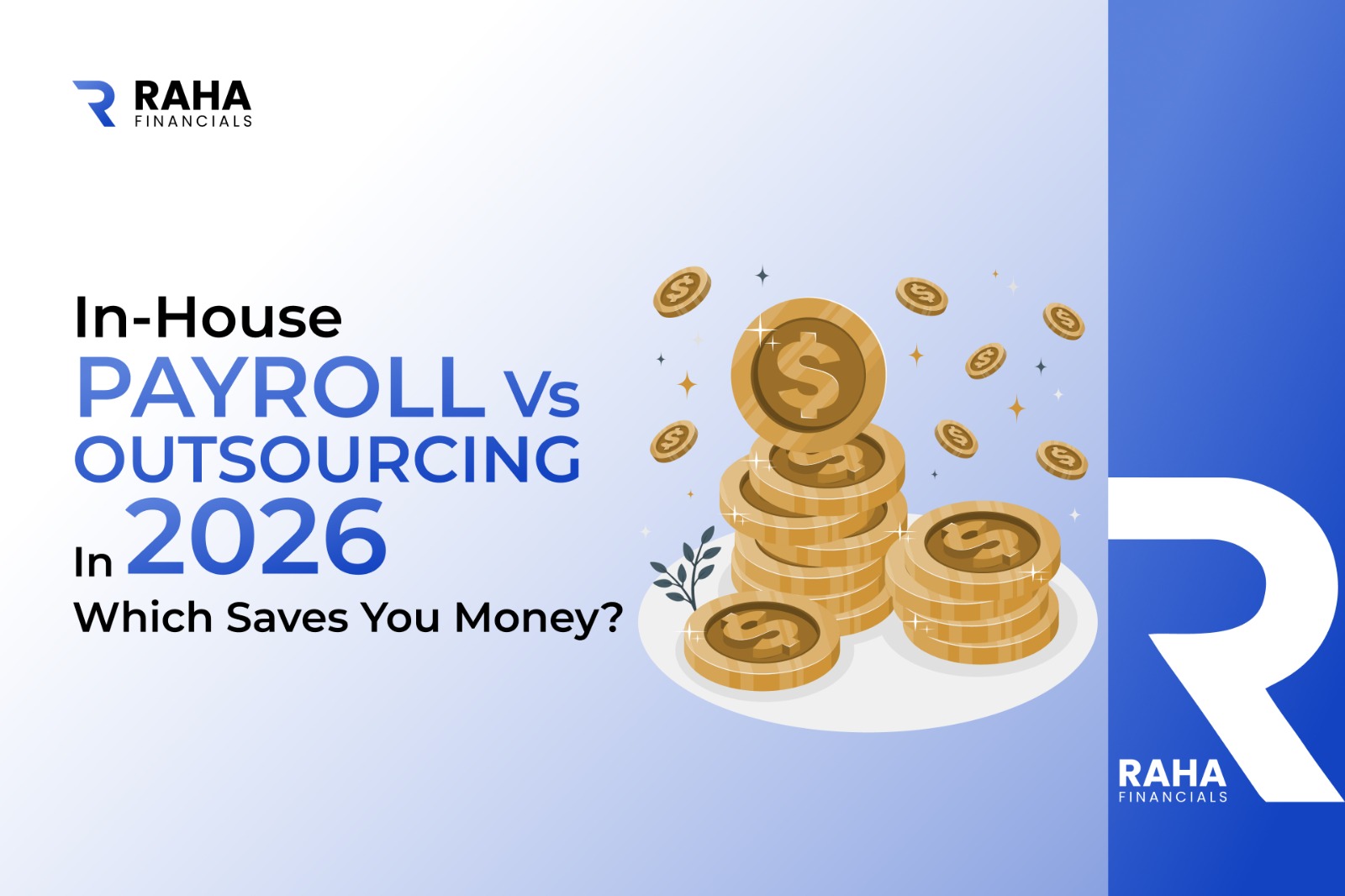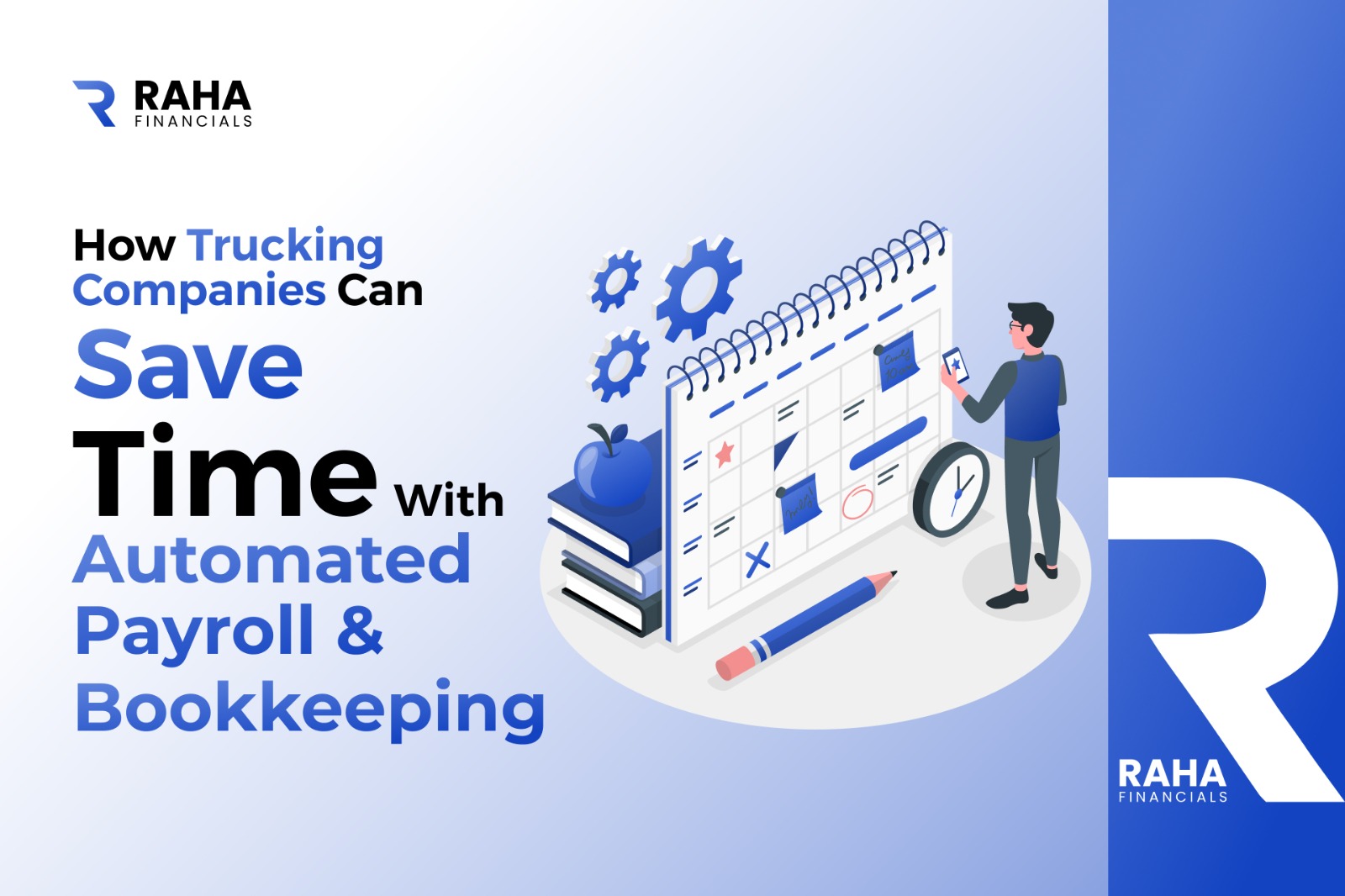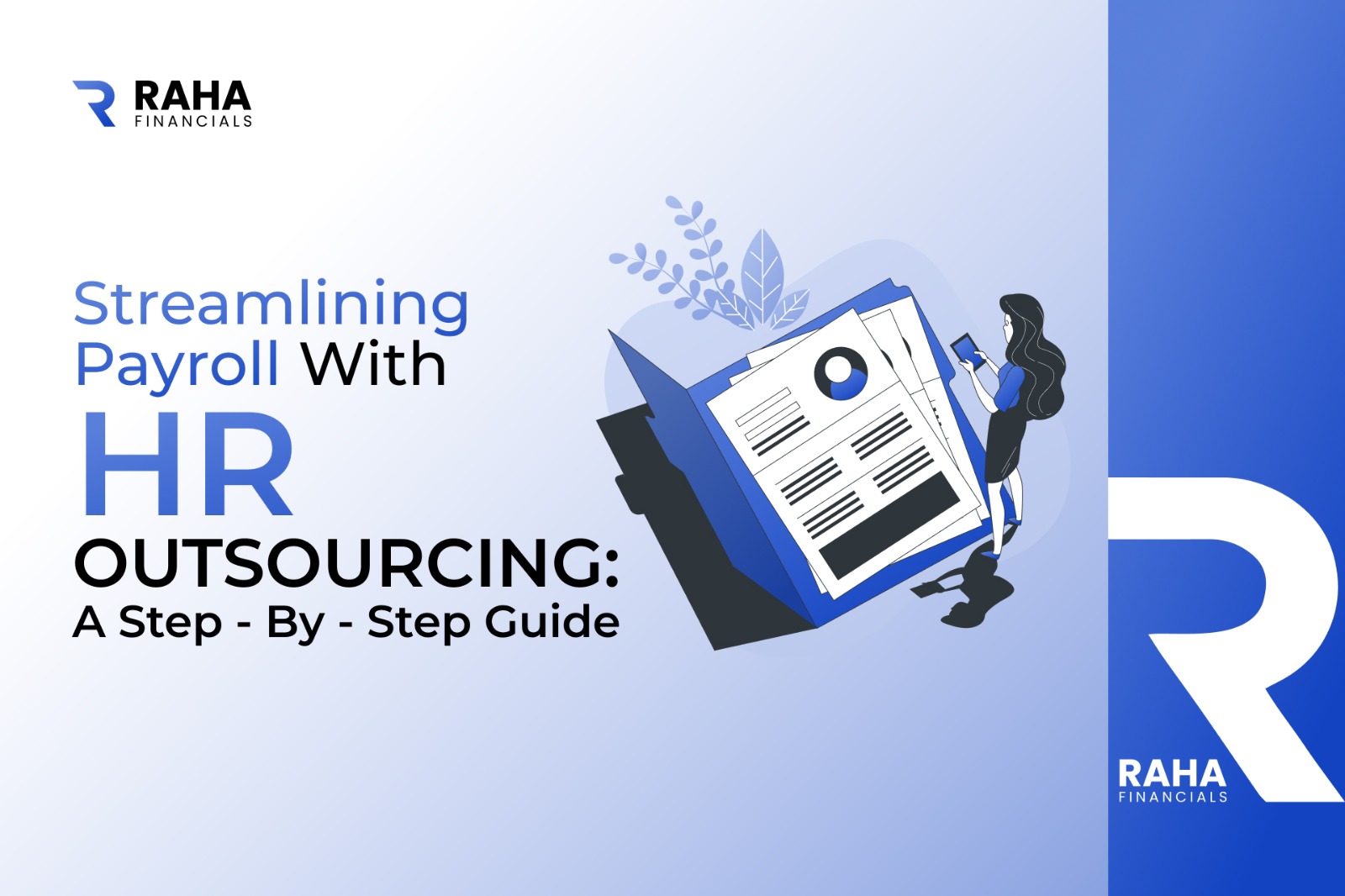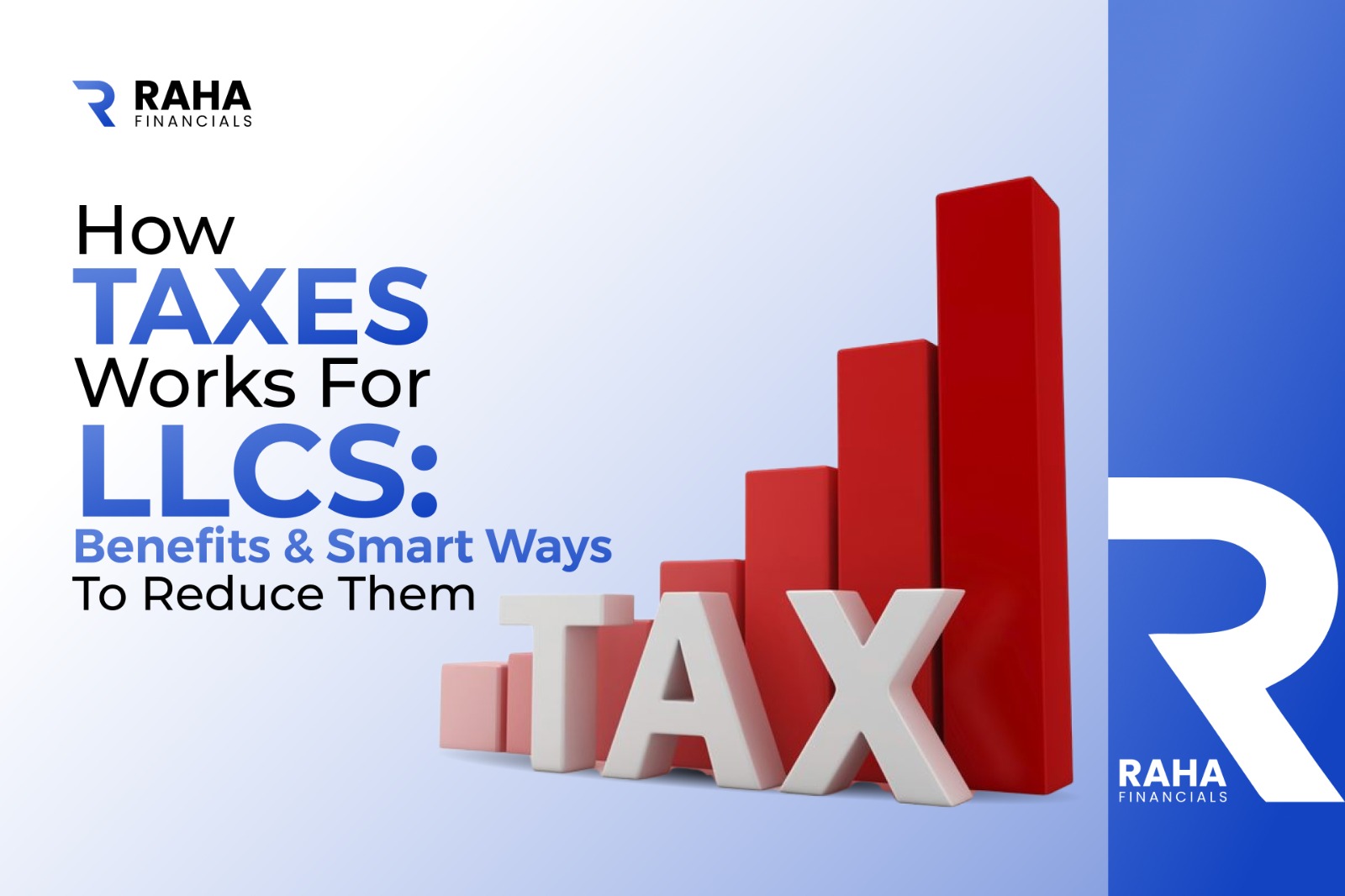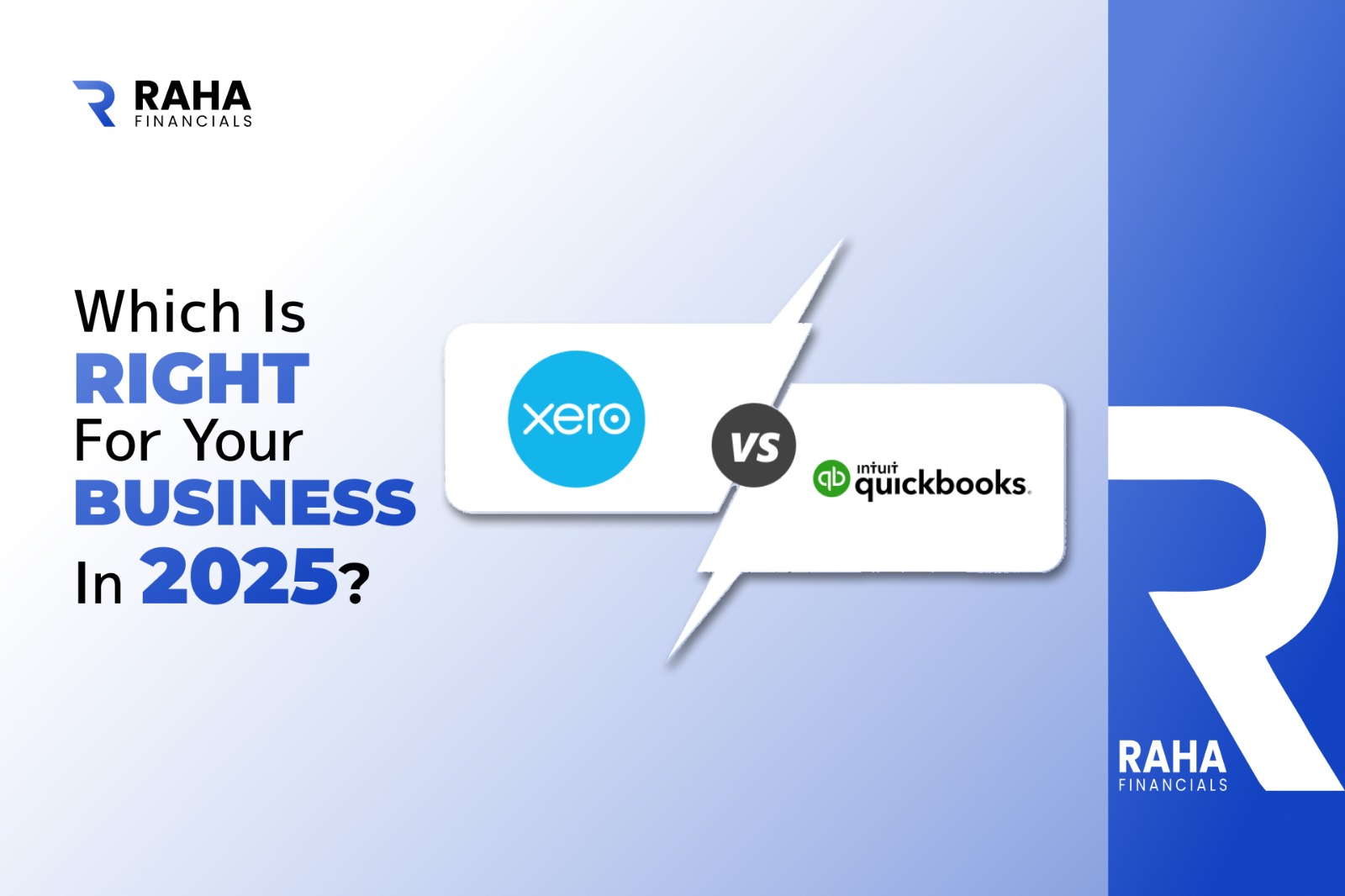As the year draws to a close, many business owners consider whether forming an LLC or electing S Corp status will deliver substantial tax benefits for the upcoming year. In this post, we’ll explore the LLC vs S Corp tax benefits 2026, whether it’s worth forming an LLC at year-end, and how S Corp tax savings 2026 can benefit your business structure.
Does Timing Really Matter for LLC vs S Corp Election?
Starting a business or formalizing your current operations near year-end doesn’t have to be overwhelming. Whether you’re looking for liability protection or better tax treatment, the right time to form an LLC or elect S Corp status is now — but only if you understand the pros, cons, and deadlines.
If you form an LLC or elect S Corp status late in the year, you can still take advantage of the year-end business formation tax benefits. But what does that entail? Let’s break it down.
Benefits of Forming an LLC or Electing S Corp Status Late in the Year
Year-End LLC Formation Tax Benefits
- Liability Protection: Forming an LLC offers personal asset protection, shielding you from business liabilities.
- Simplified Setup: Forming an LLC is straightforward and allows flexibility in management and tax structure.
- Operational Start: Forming at year-end means you’re ready for tax filing in 2026 with proper setup and business identification (EIN).
Tax Savings with S Corp Election in 2026
For those looking to maximize S Corp tax savings 2026, electing to treat your LLC as an S Corporation can reduce self-employment taxes. With S Corp status, you’re able to separate your income into salary (subject to payroll taxes) and distributions (not subject to self-employment tax).
- Example: If your LLC makes $100,000, you could pay yourself $50,000 in salary, leaving $50,000 as distributions, which avoids self-employment taxes on the distributions.
When Should You Elect S Corp Status?
The S Corp election deadline 2026 typically falls on March 15 for calendar-year taxpayers. If you file Form 2553 by this date, your S Corp election is effective for the entire year. But what if you miss this deadline?
- Late Elections: If you form your LLC and elect S Corp status close to year-end, you may file a short-period tax return. While this adds complexity, you can still benefit from S Corp tax savings for the next tax year.
LLC vs S Corp: Pros and Cons
Here’s a snapshot comparison of the LLC vs S Corp pros and cons for small business owners:
| Feature | LLC (default tax status) | S Corp (election) |
| Self-Employment Tax | All income subject to self-employment tax | Only wages subject to payroll tax; distributions not |
| Administrative Burden | Lower compliance, minimal filings | More filings (Form 1120S, payroll, etc.) |
| Profit Distribution | Flexible, but taxed as business income | Split between salary and distributions |
| Tax Savings Potential | Lower savings for high-income earners | Significant savings for owners earning over $75k |
| State Taxes | Varies by state, possible franchise taxes | Some states tax S Corps differently |
Is Forming an LLC or Electing S Corp Worth It at Year-End?
Forming an LLC at year-end can be beneficial if you’re ready to formalize your business for the next year, especially for liability protection and establishing a clean record for tax filing in 2026. If your business is growing, consider electing S Corp status to take advantage of S Corp tax savings 2026 and reduce your self-employment taxes.
However, be prepared for additional filing requirements and compliance costs. The trade-off is the potential for significant tax advantages if you’ve already started generating income or plan to in 2026.
Conclusion: Which is Better for Your Business?
When deciding LLC vs S Corp, timing matters, but so does understanding the trade-offs. Forming an LLC at year-end or electing S Corp status can offer major tax advantages for small business owners. The key is whether your profits are large enough to offset the added complexity of payroll and filings. As we approach 2026, S Corp tax savings could be your best strategy for reducing taxes.
Ready to take the next step?
If you’re still unsure whether forming an LLC or electing S Corp status is right for your business, our team of tax experts is here to help. Contact us today to set up a consultation and discuss the best tax-saving strategies for 2026.
Frequently Asked Questions
Q1: Should I form an LLC at year-end?
Yes, forming an LLC at year-end can protect your personal assets and set you up for tax benefits in 2026. Make sure to follow through with the S Corp election if needed.
Q2: What is the S Corp election deadline 2026?
The deadline for electing S Corp status is March 15, 2026. If you miss it, you can still file a late election, but it may complicate your tax filing.
Q3: What are the LLC vs S Corp differences for taxes in 2026?
LLCs pay self-employment tax on all profits, while S Corps allow you to split income into salary and distributions, with only salary subject to payroll taxes.
Q4: How much income is necessary to benefit from S Corp election?
Generally, S Corp tax savings become beneficial when your net business income exceeds $75,000, as you can start saving significantly on self-employment taxes.
